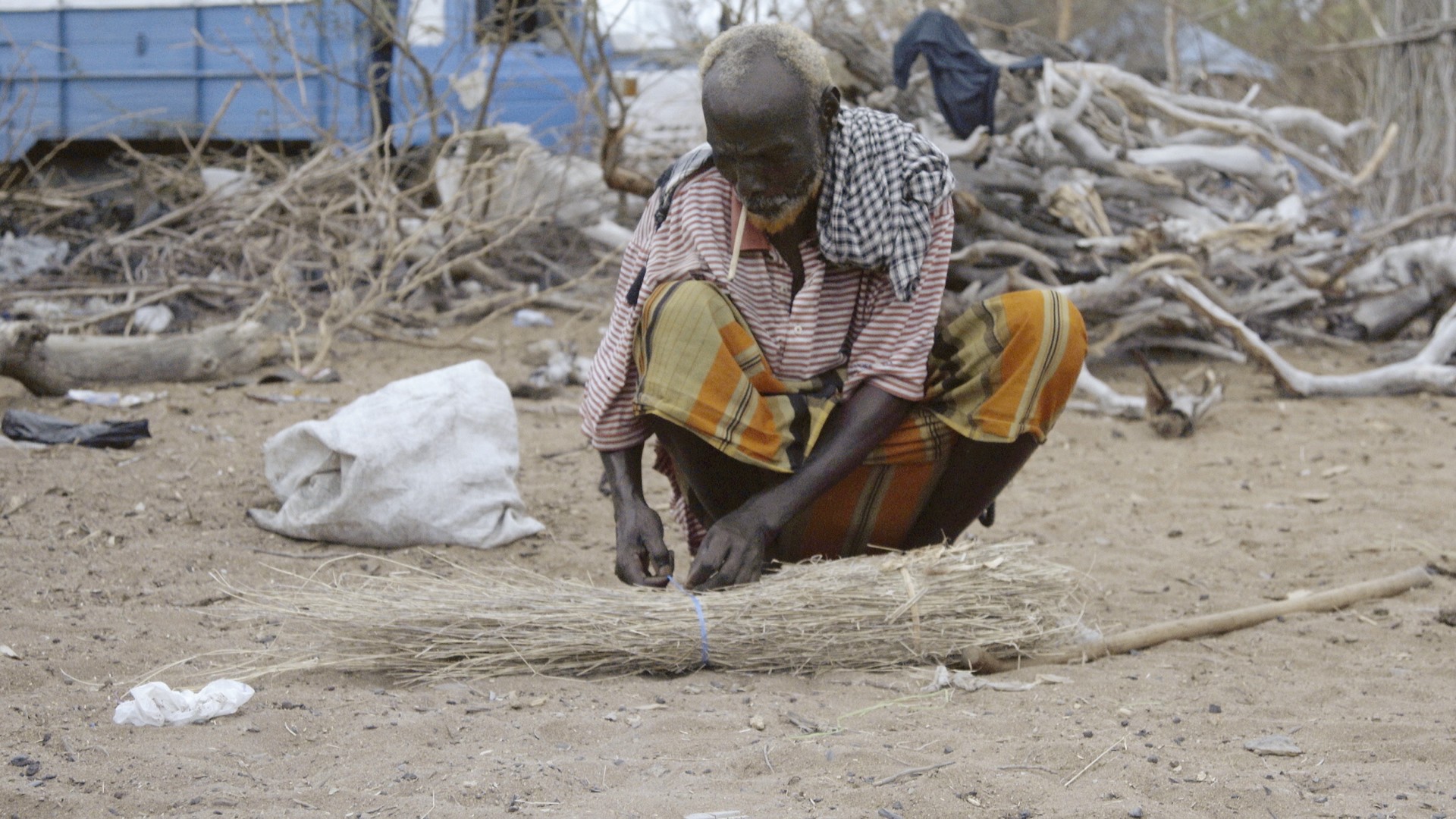Despite the economic, physical and psychological scars that remain as a consequence of the LRA's brutal campaign, Uganda is now routinely touted as one of the world's most progressive countries when it comes to hosting refugees.Turning their backs to the forcibly displaced was simply not an option for some Ugandans, many of whom had just returned home themselves. But how can Uganda, hosting nearly one million refugees less than a decade after a civil war, boast about the world's most seamless refugee operation?VICE Impact travelled to the South Sudan-Ugandan border to discover how it's not just the refugees benefiting from Uganda's open border policy, but the local host-community too."We were so happy when the refugees arrived. It opened up the market, it's helping us economically."
Check out more videos from VICE:

"We were so happy when the refugees arrived. It opened up the market, it's helping us economically," a local named Richard tells VICE Impact inside his workshop in Lamwo district, kilometers away from Palabek refugee settlement. One of the newest refugee settlements, it opened in April and already hosts 30,000 South Sudanese refugees.Two years ago, Richard, alongside 420 others in Lamwo district, began making clean and efficient artisanal cook stoves.
Richard, a local artisan, demonstrates how to make an energy efficient cookstove. (Photo via Alice Rowsome)
"We've even partnered with solar companies to increase our sales," he continued. Today, every time a family buys one of his clean cook stoves, they also receive a 75 percent off voucher for a solar lantern.The region is, for the most part, not connected to the national electricity grid, and households have seen the benefit of solar lanterns.
A mini-solar panel, one of many inside Palabek refugee settlement. (Photo via Alice Rowsome)
National solar companies, such as MCopper, Solar Now, Barefoot and MTN Solar, have flooded into the region. In Kitgum -- Lamwo's largest town -- the clean energy market is booming.READ MORE: Fighting Deforestation Is Giving Hope to Sudanese Refugees in Uganda
Refugees are being trained by local artisans on how to start-up their own clean cookstove enterprises. (Photo via Alice Rowsome)